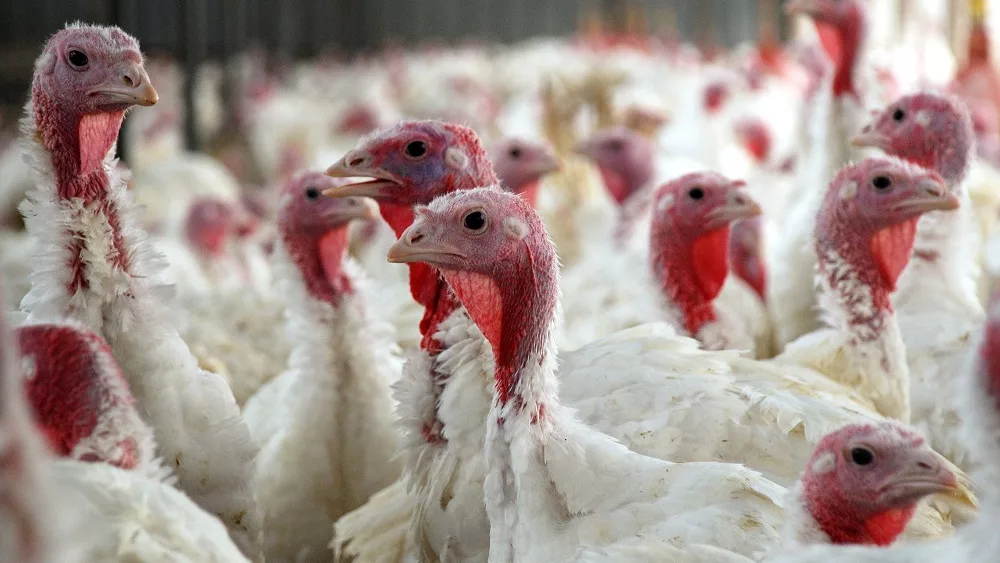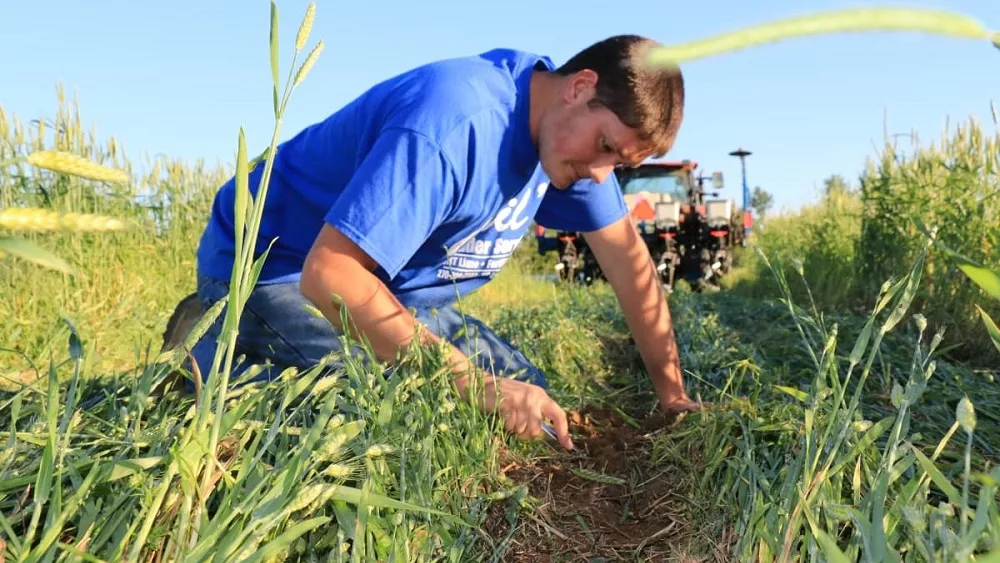
As Hoosier ag leaders are pushing Indiana’s state lawmakers to address the state’s property tax issue in 2025, ag leaders from across the country are pushing Congress to tackle federal tax issues.
“Our family farms are already burdened by inflation, increased supply costs, and much, much more,” says Zippy Duvall, President of American Farm Bureau Federation.
Many provisions in the 2017 Tax Cuts and Jobs Act are set to expire at the end of 2025. Duvall says that lawmakers must extend those provisions.
“These new tax burdens could put even more pressure on our farmers and ranchers and may even force them out of business. The Tax Cuts and Jobs Act passed in 2017 contains many temporary provisions that relieve some of the burdens faced by farmers and ranchers. Several of these provisions are set to expire at the end of next year, including a key estate tax exemption,” says Duvall.
That estate tax provision is what allows farmers to transfer their farm operation to the next generation without heavy tax burdens. When the new Congress is sworn in early next January, Duvall and American Farm Bureau want lawmakers to begin focusing on tax reform.
“It’s important that we work with lawmakers now so that they understand how current tax provisions enables our farmers to remain in business and protect their farms, so that they can afford to pass them on to the next generation,” he says.
Duvall is urging farmers from across the U.S. to speak one-on-one with their lawmakers in D.C. to let them know that allowing these tax provisions to expire could have a negative impact on your farm operation.
“As a farmer, their voice is the most powerful advocacy tool that we have,” he says. “Reach out to your elected official and tell them how the tax provisions like the estate tax exemptions have helped you plan for the future of your farm and see if you can meet with them one on one in person. Lawmakers must understand that there are real consequences to not renewing important provisions like the estate tax exemption.”





